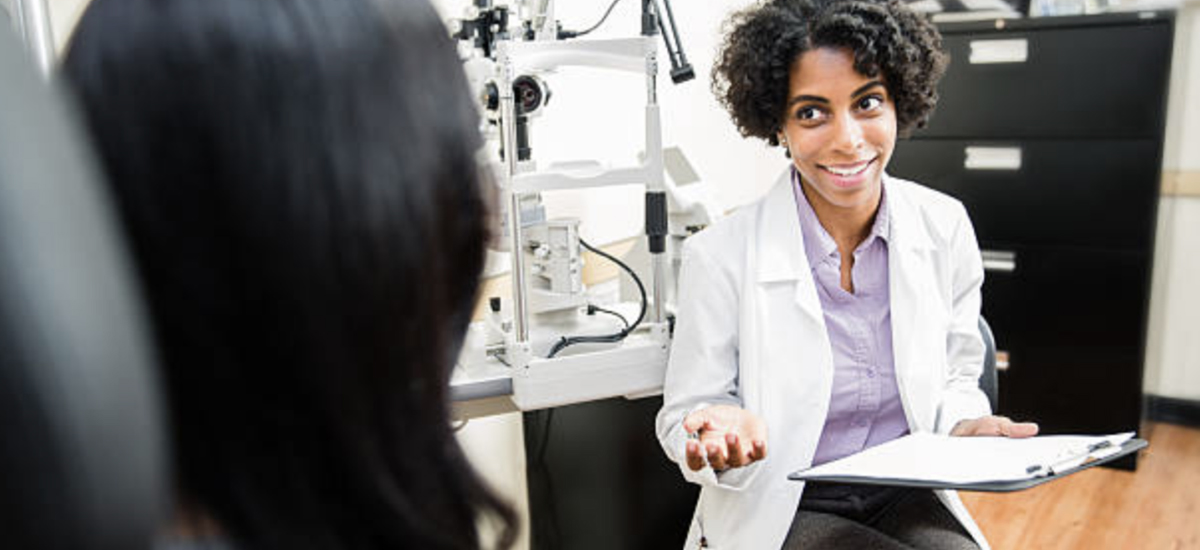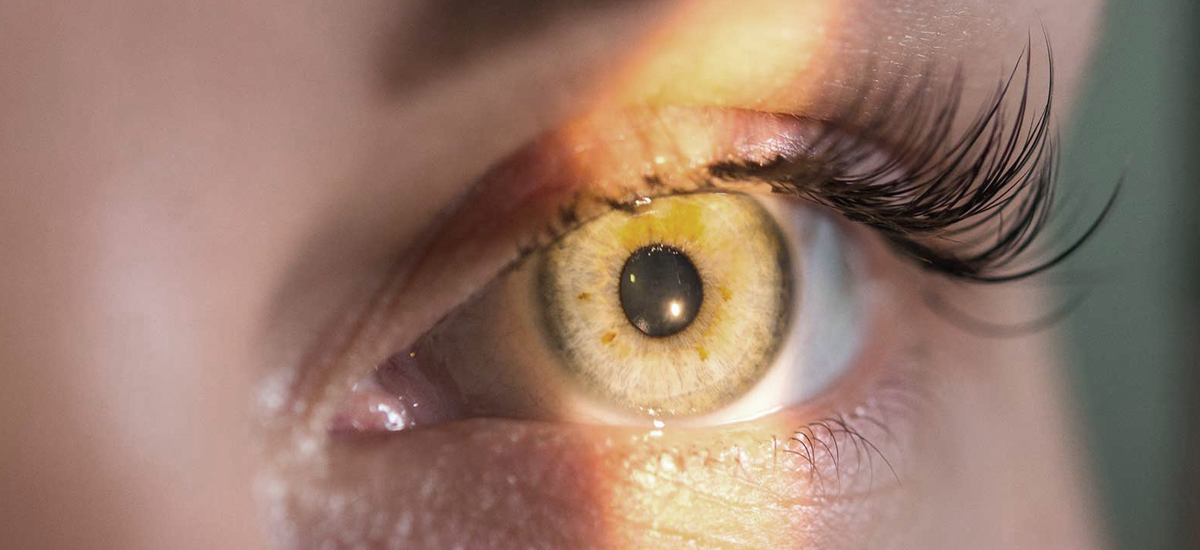Is There a Treatment for Presbyopia?

If you experience any presbyopia symptoms, such as near vision difficulties, we recommend contacting a nearby eye doctor right away for an appointment. In general, our optometrists recommend contacts, multifocal glasses, or reading glasses to get your vision back on track.
However, it’s important to know that the right presbyopia treatment lens varies based on your unique prescription. Your eye specialist may recommend another option if they feel a specific type of lens may suit your eyes better or if your presbyopia is accompanied by any other refractive errors or eye issues.
No matter how long you’ve had presbyopia, our team can help.
Call today to get in for a comprehensive eye appointment with our leading optical team. We look forward to meeting you and helping you see better.
Once you get into your 40s, your eye lenses can thicken, preventing you from seeing things nearby with as much clarity as you’re used to. This happens due to presbyopia, one of the most common refractive errors.
The people who are most affected by presbyopia are those who perform a lot of near vision work, such as office employees. If this is you, you may be wondering if there’s a treatment for presbyopia.
What are the most common presbyopia symptoms?
As a refractive error caused by age and modified eye lenses, presbyopia can’t be avoided. It emerges in most adults beyond age 40 but can also begin developing in early childhood.
Don’t worry too much about getting this condition, as it’s normal and happens to most people. However, taking notice of the signs can help you get the vision correction or treatment you need.
Here are some presbyopia symptoms to look for:
- Blurry vision while reading
- Frequent headaches while using your near vision
- Keeping books, magazines, and tablets away from your face
To help your optometrist give you a proper diagnosis for presbyopia and recommend the best treatment, we suggest bringing a list of your symptoms to the eye appointment. These symptoms can signify how your condition has progressed, which will tell your Independent Doctor of Optometry more about how to correct your eyesight.
You may not be able to get rid of presbyopia. However, managing your symptoms can be simple with the right presbyopia treatment.
What is the best presbyopia treatment?
The best presbyopia treatment depends on you and your eyes. At your comprehensive eye exam, your eye doctor will review your prescription and let you know your options.
If you’re interested in contact lenses, ask your optometrist about monovision contacts (a unique prescription for each eye) or multifocal contacts (prescription changes depending on where you’re looking in each lens). Multifocal glasses with progressive lenses are another fantastic option if you’d rather not wear contact lenses.
And if you feel more comfortable with reading glasses, we have a vast selection for those as well. Your eye specialist will inform you on how often you need to wear your corrective lenses, which may be all the time or some of the time based on your visual needs.
If you have presbyopia, you may need to ask your optometrist for new glasses or contact lenses from time to time.

Summary: How do you correct presbyopia?
If you experience any presbyopia symptoms, such as near vision difficulties, we recommend contacting a nearby eye doctor right away for an appointment. In general, our optometrists recommend contacts, multifocal glasses, or reading glasses to get your vision back on track.
However, it’s important to know that the right presbyopia treatment lens varies based on your unique prescription. Your eye specialist may recommend another option if they feel a specific type of lens may suit your eyes better or if your presbyopia is accompanied by any other refractive errors or eye issues.
No matter how long you’ve had presbyopia, our team can help.
Book your eye exam at For Eyes
Have you had your annual comprehensive eye exam? Schedule an appointment with an Independent Doctor of Optometry at your local For Eyes.











